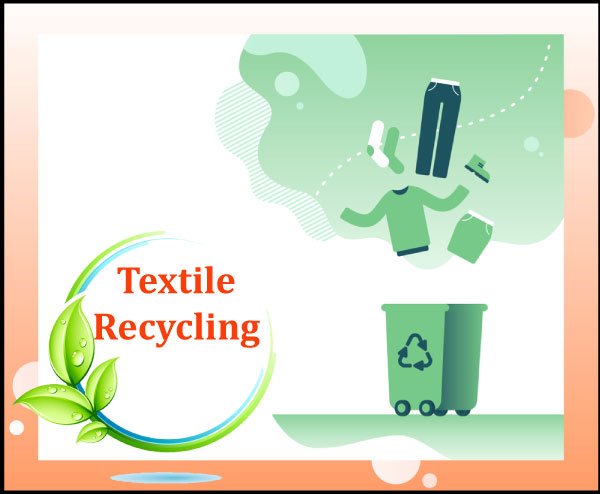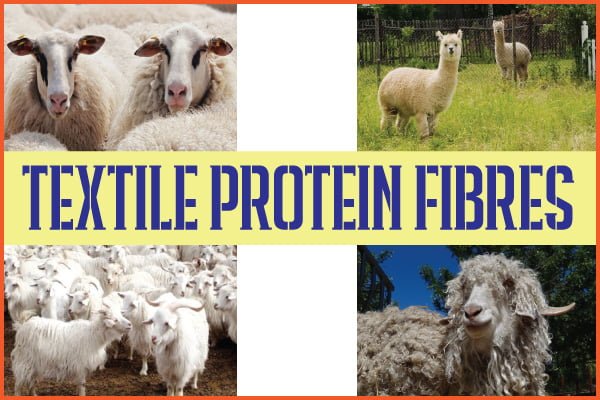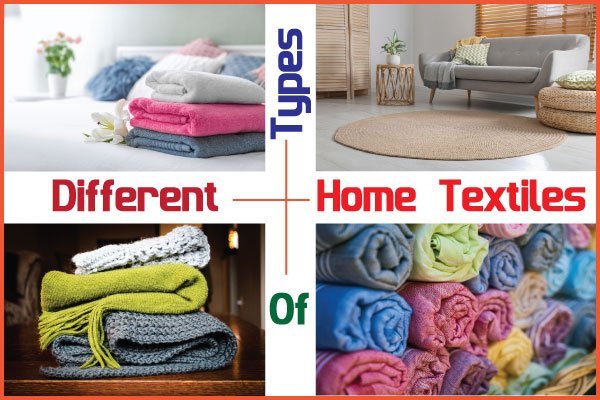Why You Should Study About Textile
Last updated on June 19th, 2023 at 07:01 pm
Textile is an important term in our daily lives. So everybody should know something about textile. From the primitive time to present time people used textiles for covering, warmth and even for displaying personal wealth. We are the ultimate consumer of textiles. The automobile industries, homemakers, dressmakers, interior decorators, retail-store customers and even the students who are studying in these subjects should know about textiles.

07 Reasons to Study About Textiles
Now we will describe the reasons for studying textile as follows –
To Know About Textile Fibres
There are different types of textile fibres which are used by the textile industries as raw materials. Some textile fibres were also used by the people in the earlier years of civilization, as well as in the present times. Other fibres have gained varied degree of importance in recent years. Many man-made fibres have also been developed. There are mainly two types of textile fibres and they are the natural and the man-made fibres.
To Know About Yarns
Primitive people discovered that a succession of short fibres could be twisted into a continuous yarn. This was probably accomplished slowly and laboriously at first, but the greater strength thus produced. Many uses soon found for articles made from continuous yarns led to the invention of twisting and spinning machines. At the same time long filament strands unwound from silk cocoons, and still later, filaments formed by chemical synthesis were made into yarns. Now yarns are also made by integrating the filament and staple yarns.
To Know About the Fabric
A study of textile will show, for example, why certain fabrics are more durable and therefore more serviceable for specific purpose. It will explain why certain fabrics make cool wearing appeal as well as give an impression of coolness when used as decoration. The matter of cleanliness and maintenance must also be estimated before purchasing when that is an important factor.
To Know About the Quality of Textiles
Complete knowledge of textiles will facilitate an intelligent appraisal of standards and brands of merchandise and will develop the ability to distinguish quality in fabrics and in turn, to appreciate the proper uses for the different qualities. As a result, both the consumer merchant and consumer customer will know how to buy and what to buy and salespeople will know how to render good service to those consumers who have not had the advantage of a formal course in textiles.
To Know About the New Inventions in the Textile Sector
Great strides have been made in the textile industries, and have markedly influenced our general economic growth. The prosperity and growth of related industries, such as petroleum and chemistry, and dependent industries such as retail apparel stores, have produced broader employment opportunities. New fibre blends have been created to combine many of these qualities into new types of yarns with new trademarks. There are also new names for the fabrics made of these new fibres and yarns. New finishes have been developed to add new and interesting characteristics to fibres, yarns and fabrics.
To Know About the Textile Industries
The textile industry is very complex. It begins in agriculture with fibre production of cotton, flax, and other fibrous plants; in husbandry of sheep, other animals, and silk warms; in mining of metals and minerals; in chemical research and production of synthetics. These fibres are processed into yarns and then fabrics. The yarns are made into fabrics for industrial and consumer uses by various means, such as weaving and knitting. These fabrics are converted into finished cloths, which provide particular appearances and performances. These fabrics are made into end use products, including apparel, home furnishings and various industrial applications. These products are then merchandised and sold.
To Know About the Career opportunities in this Textile Sector
Textile sector plays an important role in the economic development of a country. So there is a huge opportunity to build up career in this sector. As for example, in a knit composite mill there are many sections such as knitting, dyeing, cutting, garments, finishing etc. So to operate the machines in these sections a lot of labors and helpers are needed. So it produces a lot of employment opportunities for little educated persons. In every section there are some supervisors, executives and managers and an AGM, a DGM and an ED are needed. So it produces lot of employment opportunities for educated persons too.
Lastly we can say that we cannot imagine our daily lives without textiles. So to become a civilized person we should have the knowledge of Textiles.




My rather long internet look up has at the end of the day been compensated with pleasant insight to talk about with my family and friends.
The automobile industries, homemakers, dressmakers, interior decorators, retail-store customers and even the students who are studying in these subjects should know about textiles.